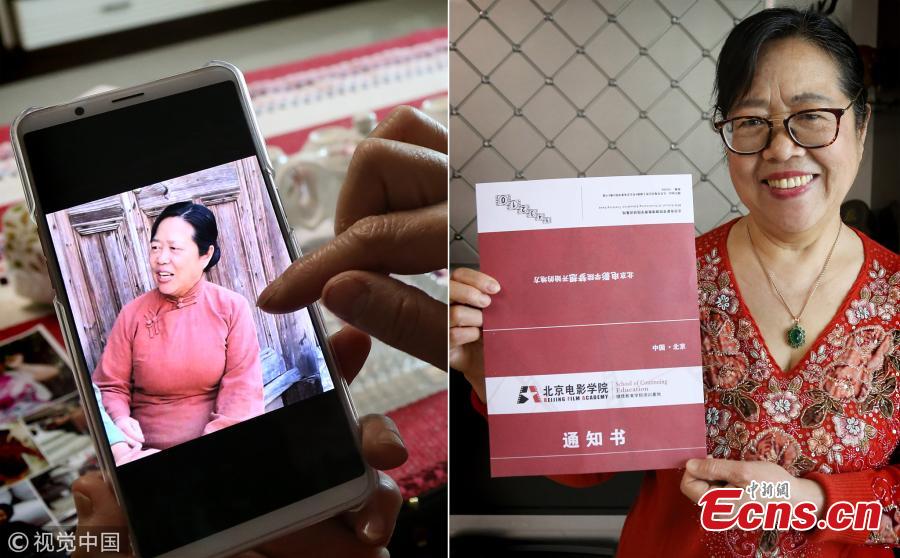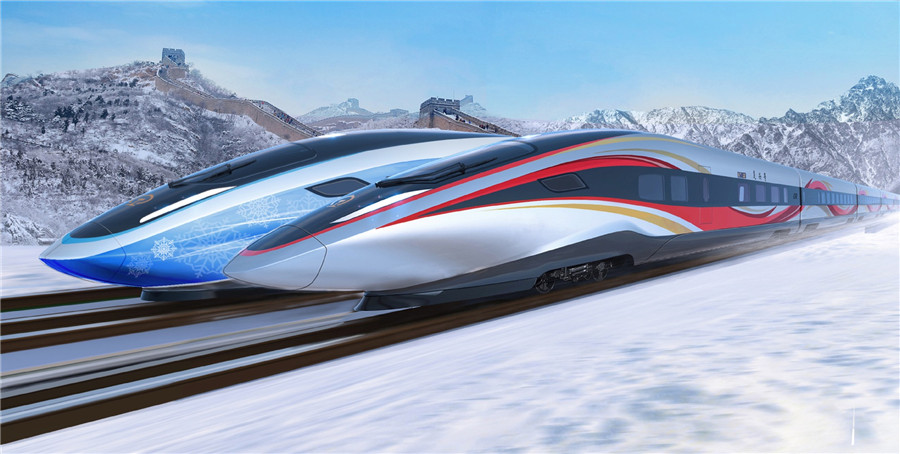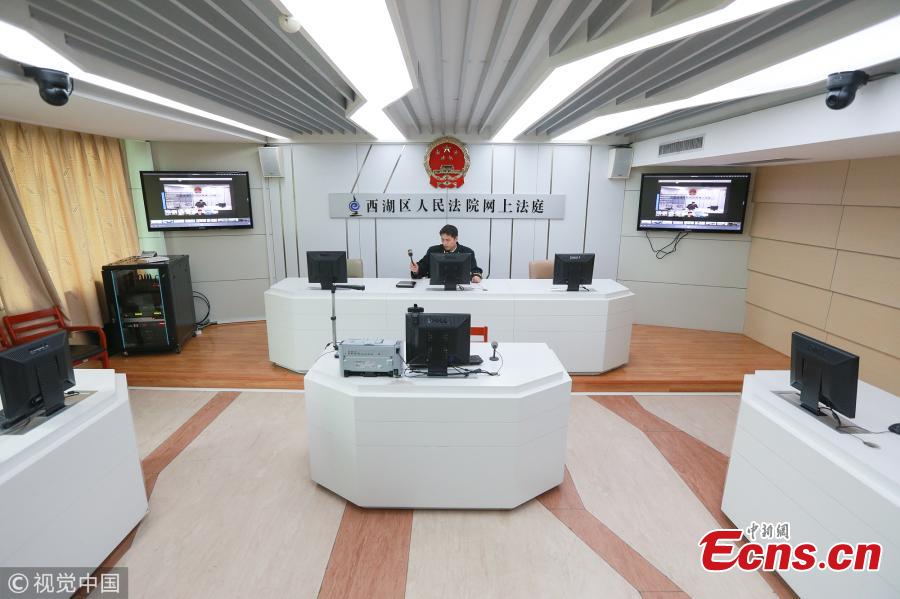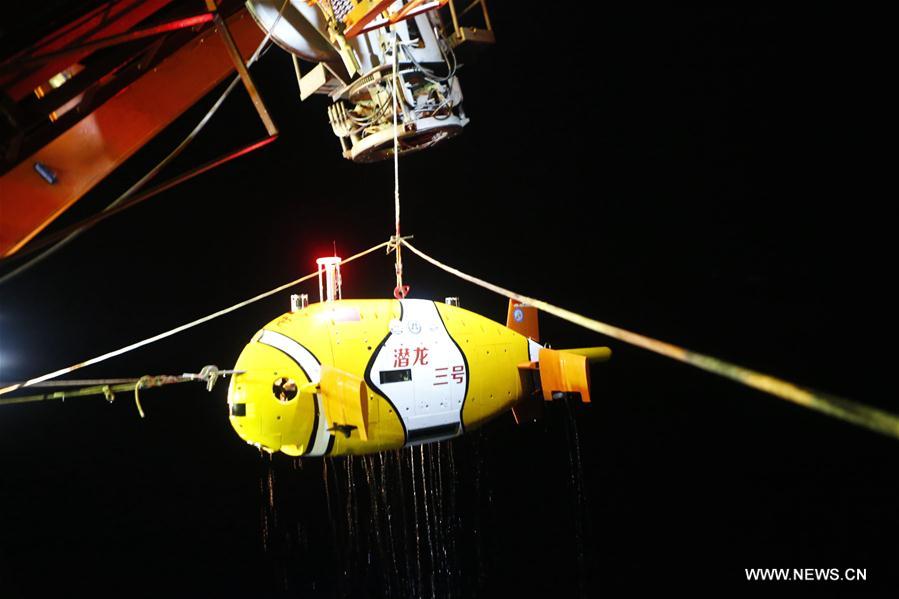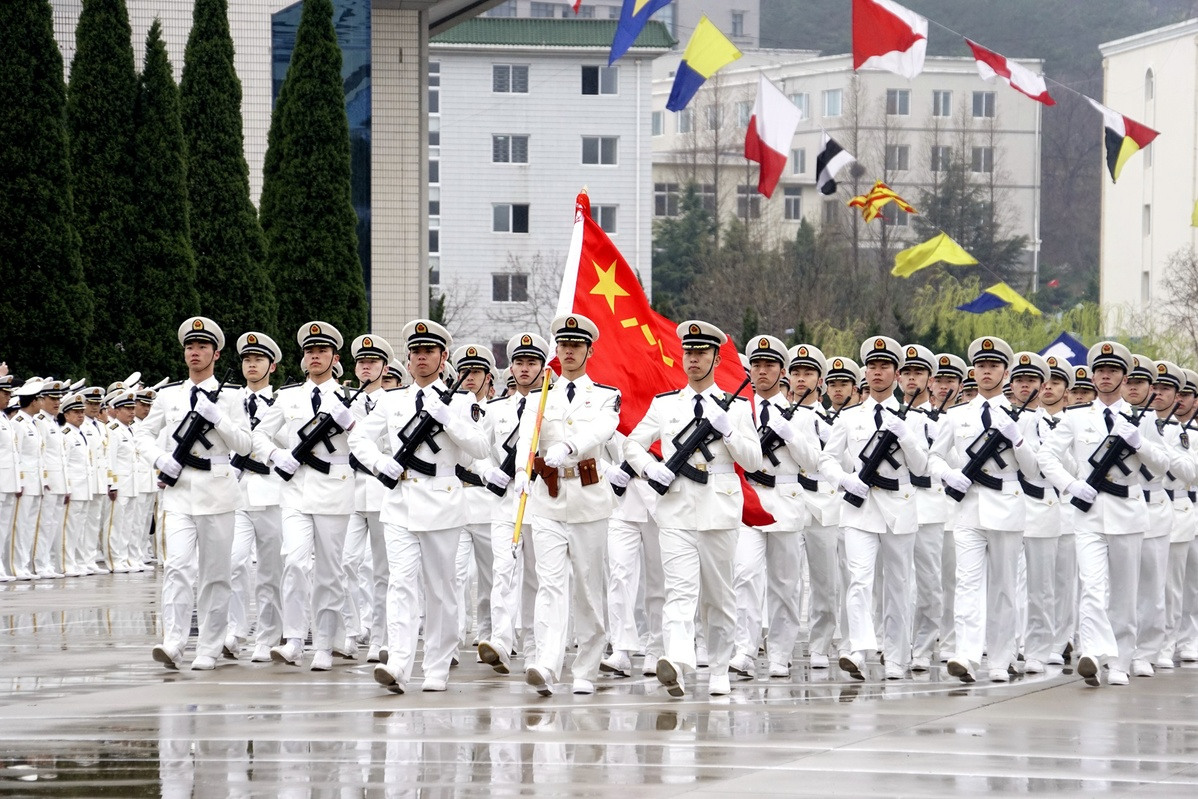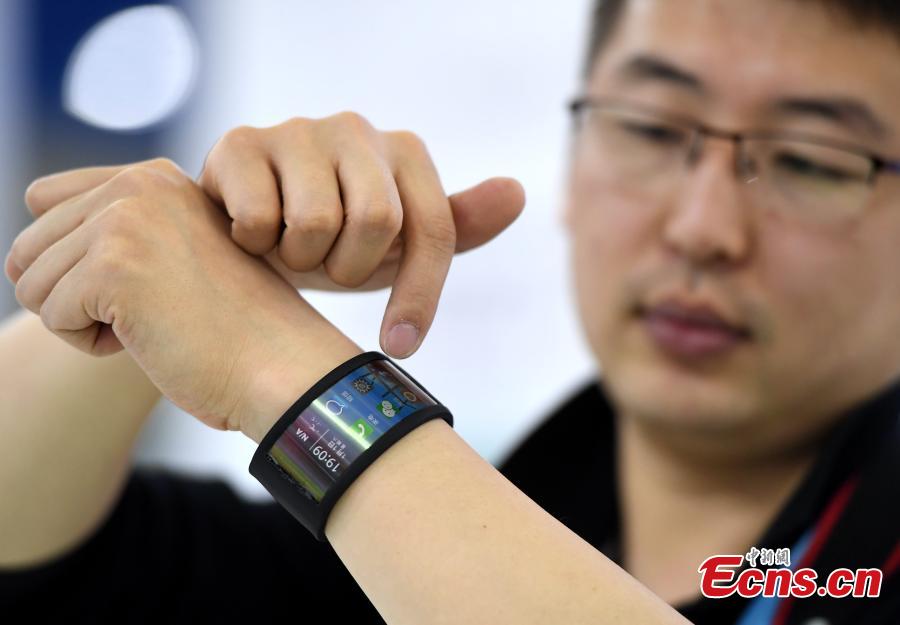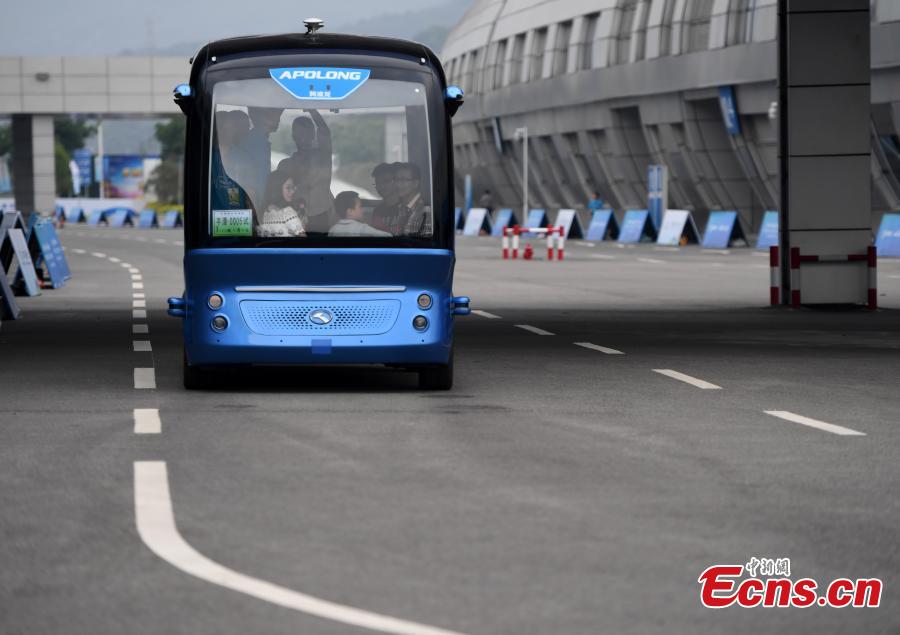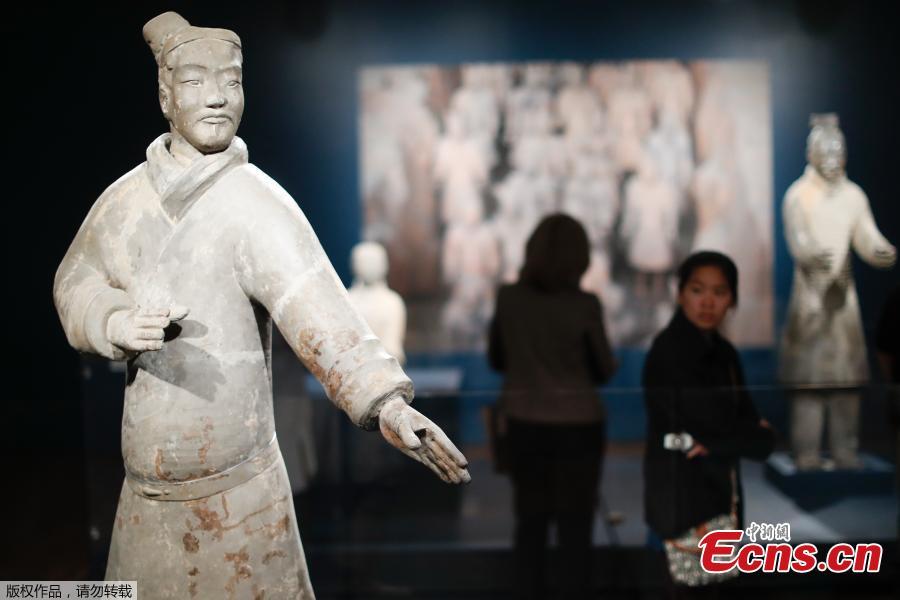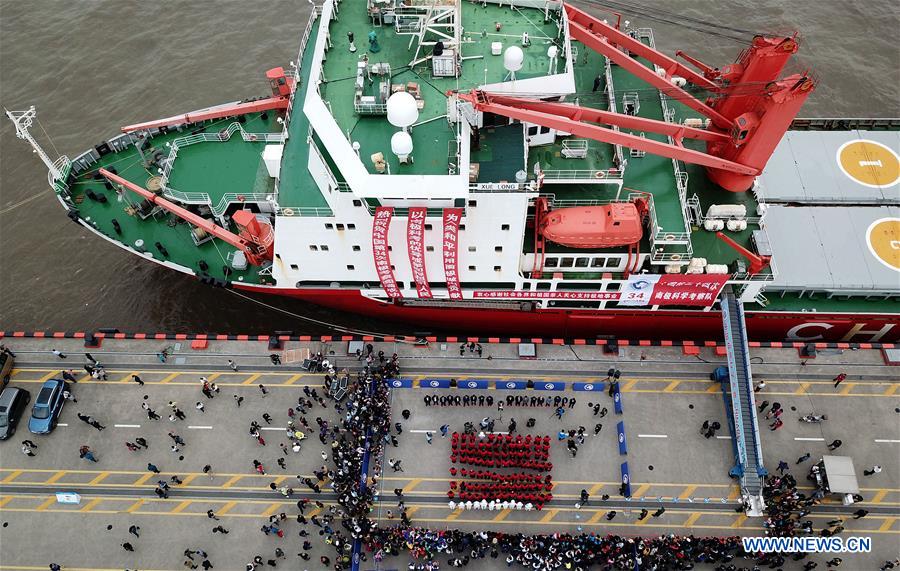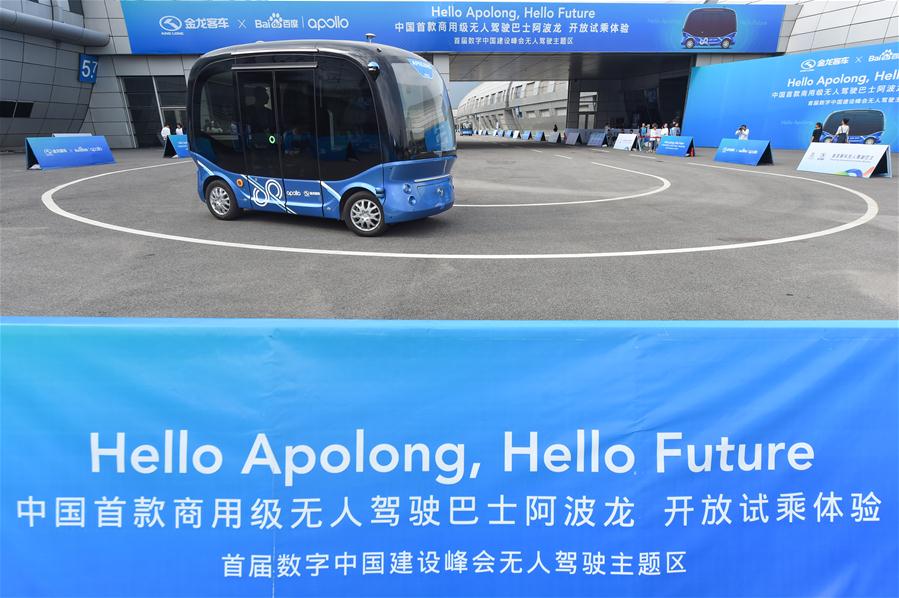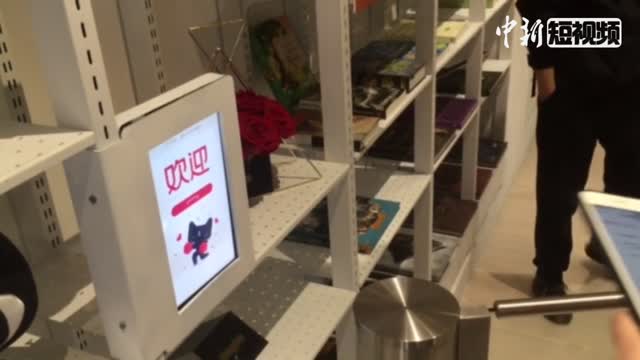China will accelerate steps to develop the industrial internet and publish a guideline to promote the digitalized, intelligent and internet-powered development of the nation's manufacturing sector, said a leading official on Monday.
"We will release a guideline to promote the construction of the industrial internet including fostering industrial apps," said Li Guanyu, deputy director of the information and software service division of the Ministry of Industry and Information Technology.
"We will select 10 cross-sector and cross-field industrial internet platforms, and form a group of independent platforms specific for certain industries," Li said at the first Digital China Summit.
Chen Zhaoxiong, vice-minister of industry and information technology, also said at the summit that steps would be taken to speed up mapping out the industrial internet to promote the deep integration of big data, the internet, cloud computing and artificial intelligence with the real economy.
The move is part of the nation's broader effort to advance the Made in China 2025 plan to bolster competitiveness in advanced manufacturing. Earlier guidelines indicated that China is expected to lead the world in key sectors of the industrial internet by 2035.
The industrial internet refers to a network of combined, advanced machines with internet-connected sensors and big-data analytics, which is of great significance to boosting the productivity, efficiency and reliability of industrial production.
In the past few years, a group of Chinese companies, including China Aerospace Science and Industry Corp and Sany Heavy Industry Co Ltd, have beefed up their presence in the industrial internet segment.
China Aerospace Science and Industry Corp has offered enterprises cloud-based technology and products on its industrial internet platform since 2015.
Earlier data showed that its platform had attracted almost 800,000 registered enterprises, including more than 3,000 foreign companies.
"The industrial internet can help promote the high-quality development of our real economy. It can help upgrade and enrich our industrial structures and, meanwhile, optimize the allocation of resources to boost efficiency and drive innovation," said Liu Duo, head of the China Academy of Information and Communications Technology, a government think tank.
















